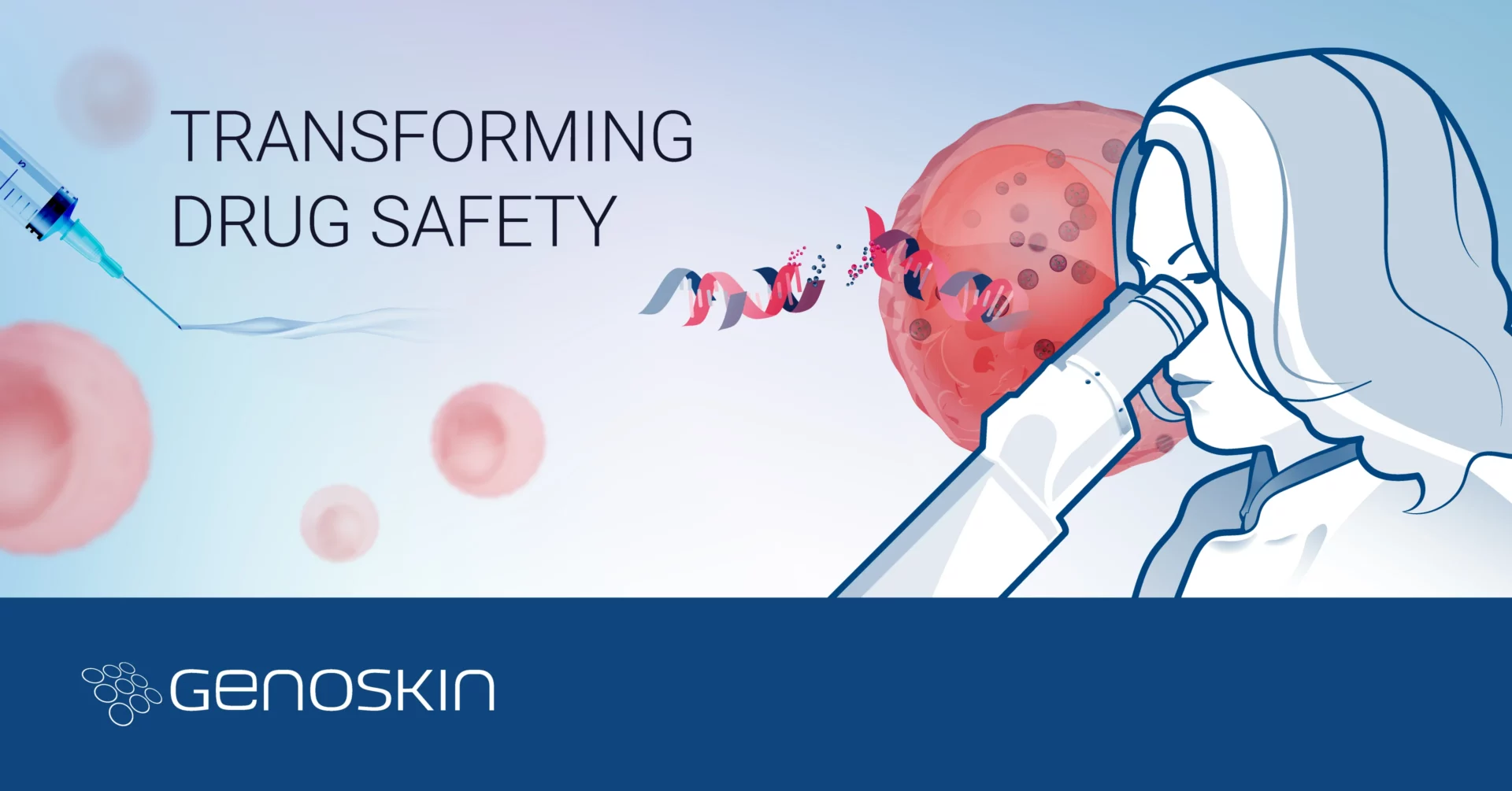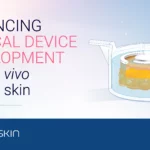Transforming Drug Safety
The Revolutionary Role of Investigative Toxicology in Drug Development
In an era where the pace of pharmaceutical innovation is rapidly evolving, the field of toxicology is undergoing a transformative shift. This goes beyond subtle changes; there is a fundamental reimagining of its role from observing drug-induced effects to proactively shaping drug safety measures.
The Integration of Investigative Toxicology
The traditional view of toxicology as a field primarily concerned with observing and reporting treatment-related effects is quickly becoming outdated. Today’s investigative toxicology is deeply integrated within non-clinical safety organizations, playing a critical role in bridging predictive gaps and enhancing the translational relevance of preclinical findings to human safety.
A recent publication highlights not only the growing importance of investigative toxicology within pharmaceutical research but also how it is being reshaped by technological advancements and collaborative efforts.
Shaping the Future with Technological Innovations
The leaps in technology over the past years have been immense. From advanced imaging techniques and the expanding field of ‘omics’ technologies to the use of induced pluripotent stem cells (iPSC) and genome editing, the toolkit available for investigative toxicology in drug development is more powerful than ever. These technologies offer a more nuanced understanding of drug-induced toxicities, allowing researchers to predict and mitigate potential safety issues with unprecedented precision.
The authors of a publication called “The evolving role of investigative toxicology in the pharmaceutical industry” ran a survey among European-based pharmaceutical companies from 2015 to 2020 that highlighted a steady demand for experimental models that improve in vitro-in vivo translation and offer clearer insights about the relevance of observed toxicities to humans.
The ultimate paradigm shifts fell into the three following areas:
- High-content imaging to obtain multi-parametric molecular and cellular data to investigate the therapeutic effects on cells
- Modeling and simulation based mathematical models built with toxicokinetics and toxicodynamics data to quantify safety risk
- Genomics with targeted gene sequencing associated with bioinformatics analysis to elucidate toxic and biological mechanisms.
This demand underscores the necessity for continued innovation and integration of new technologies in investigative toxicology.
Collaboration: The Keystone of Progress
One of the standout themes from the publication is the emphasis on collaboration. The future of investigative toxicology is not just in the hands of individual researchers or companies; it relies on pre-competitive consortia and collaborative initiatives. Groups like the Predictive Safety Testing Consortium (PSTC) and various projects under the European Innovative Medicines Initiative (IMI) are pivotal in harmonizing approaches, sharing data, and collectively pushing the envelope on safety testing paradigms.
Conclusion: A New Horizon in Drug Safety
As we stand at the crossroads of traditional practices and future possibilities, it’s clear that investigative toxicology is charting a new course in the pharmaceutical industry. This field is no longer just about identifying safety margins; it’s about understanding the molecular underpinnings of drug-induced effects and using that knowledge to create safer, more effective therapies.
The journey ahead for investigative toxicology is both exciting and daunting. It offers the promise of a future where drug safety is not just assessed, but engineered from the ground up. As we navigate this new landscape, the collaboration will undoubtedly be our compass, guiding us towards innovations that ensure the safety and efficacy of pharmaceuticals for years to come.
Read the publication
Pognan F, Beilmann M, Boonen HCM, Czich A, Dear G, Hewitt P, Mow T, Oinonen T, Roth A, Steger-Hartmann T, Valentin JP, Van Goethem F, Weaver RJ, Newham P. The evolving role of investigative toxicology in the pharmaceutical industry. Nat Rev Drug Discov. 2023 Apr;22(4):317-335.
Comments are closed.





